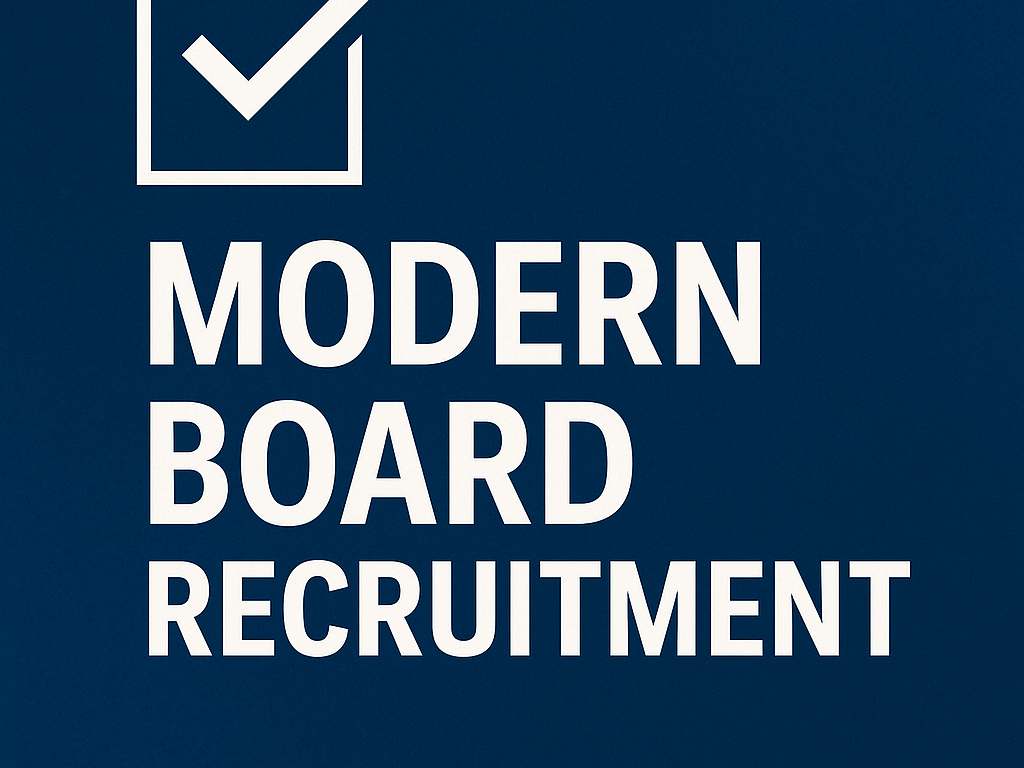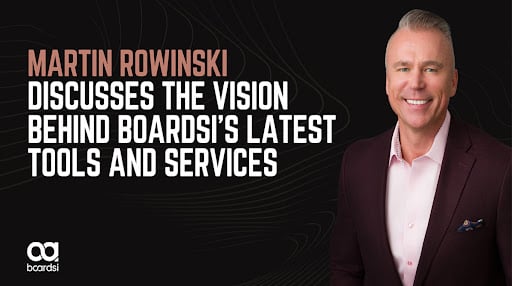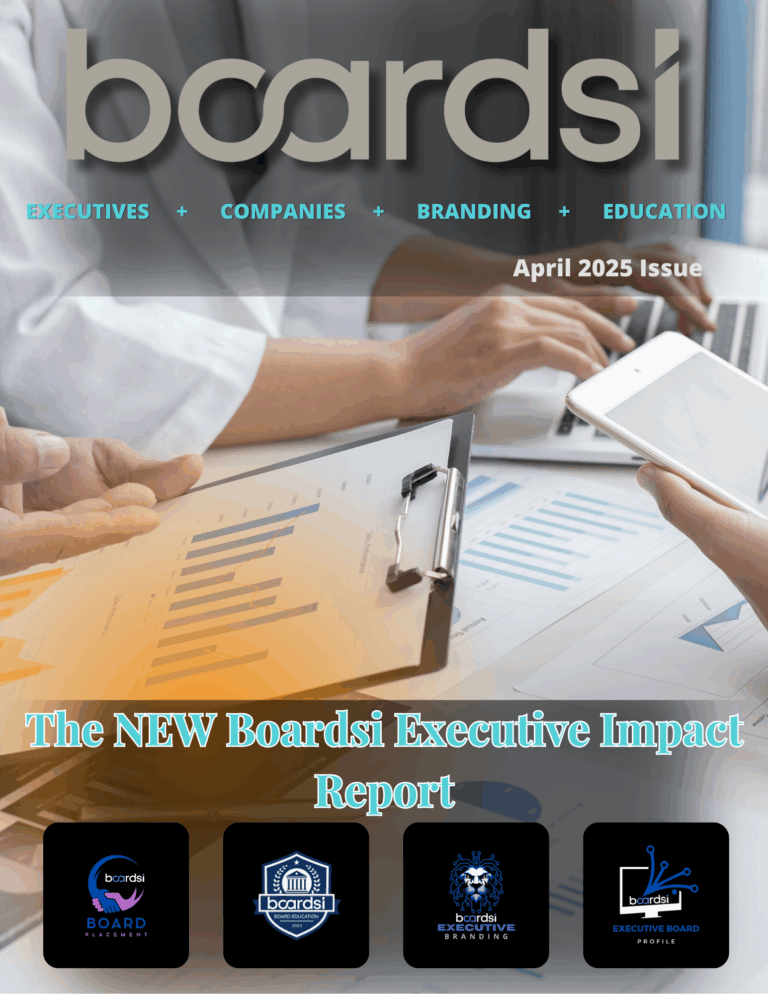Martin Rowinski is the CEO of Boardsi, a corporate board recruitment company, and an investor and author.
Even during the best of times, the future is always uncertain. That’s even more apparent right after several recent periods of disruption: pandemics, recessions and supply chain issues. In the past, boards and board formation may not have meant much to company leadership, but today, a well-designed board with the right collection of skills and experience can get a company through a crisis and significantly impact its success.
Additionally, engagement in the workplace has never been more urgent, and this is just as true for boards. More-engaged teams are more resilient and able to withstand bigger challenges. A Gallup meta-analysis found the most-engaged teams were 21% more productive than the least-engaged ones. Diversity—in race, gender, age and socioeconomic background—benefits any team, including a board, but engagement is what makes those diverse board members the most effective.
A cohesive, diverse group best guides a company.
To become a CEO or founder of a company, we need to be pretty confident in our abilities to run it, but no one’s an expert in everything. There’s a first time for everything when it comes to what could go wrong in business, which is why we must be able to turn to a board member with relevant experience. With diverse backgrounds, skill sets and industry experience, each member can bring alternative perspectives and additional points of view to conversations that allow for better company decision making.
A cohesive board of diverse minds can be critical in times of crisis. For example, board members with experience working during local outbreaks could give insight into the continuing navigation of the COVID ramifications. Members who were in leadership positions during the 2007 recession might offer valuable advice to outmaneuver the oncoming one. Even managing new and evolving standards of diversity, equity and inclusion (DEI) and environmental, social and governance (ESG) would be easier if a company had a panel of DEI and ESG experts to consult.
Regular evaluation is critical.
With even one unengaged board member, the company faces greater risk if its absence creates gaps in expertise. The rest of the members grow frustrated with that gap, and the whole team dynamic suffers. So, regular evaluations of board engagement health are critical. Do you need more board members to fill expertise gaps? Do you need to replace existing members with low engagement? While this may lead to board turnover, all members need to engage and provide strategies for the whole team to be effective.
To conduct a board assessment, get the whole board in agreement about the process and purpose behind it. Determine objectives and the scope of the evaluation. Go into a board assessment with a clear and established reason why, such as a need to hire more employees or set new KPIs. If a CEO resigns or is fired and a new CEO is about to step in, this is also probably a good time to assess board leadership. For a healthy board, members should attempt to perform at least once per year.
Make a few things clear.
Each member and each committee needs a clear understanding of the roles and responsibilities of serving on the company’s board, including expectations around engagement. For example, if I were to send out a report and gather the Boardsi board for suggestions on cutbacks, engaged members would arrive at that meeting having read the report and prepared solutions to make the most efficient use of everyone’s time. If they show up with the report unread and no solutions, this is a big red flag that these members are either unengaged or unaware of board expectations.
So, make sure the most critical points are clear to everyone.
• A board is a team and requires team players to work most effectively.
• Everyone needs to be able to feel comfortable and confident enough to engage, challenge and disagree without fear.
• Members should understand that a board is for leading, not managing. The support they provide should be top level and strategic rather than operational.
• To stay strategic in a changing world, they should be committed to ongoing learning no matter their level of achievement.
• Everyone needs to be willing to reflect and assess themselves with total honesty.
Boards today have become a competitive advantage—a means for a company to augment its total expertise and be more effective. For them to operate at their peak, each and every member needs to be fully engaged in their contributions. Armed with a team of diverse experiences and abilities fully engaged in driving success, companies can navigate more of the unexpected twists and turns with greater insight and come out on top.
Source: Forbes









